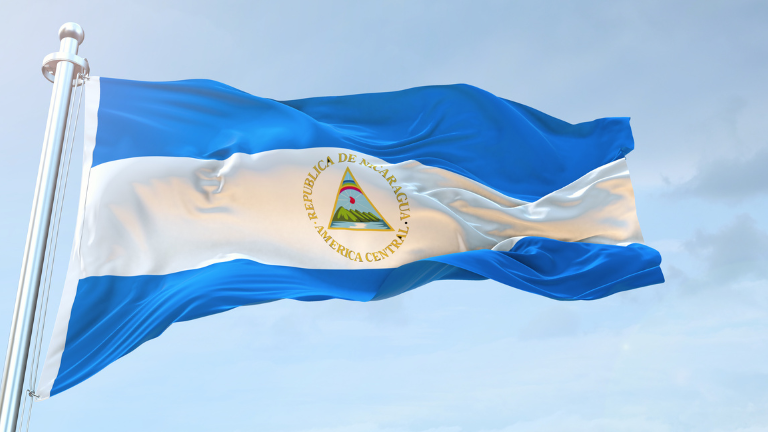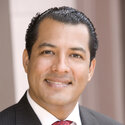3 Questions, 3 Answers
Félix Maradiaga, Nicaraguan opposition leader and former political prisoner visits Brussels

Nicaragua finds itself embroiled in a complex political landscape fraught with concerns surrounding democracy and human rights. President Daniel Ortega, who has held power since 2007, has faced accusations of suppressing political opposition and stifling dissent. Disturbing reports have emerged of harassment, intimidation, and imprisonment of political opponents and activists.
One prominent figure caught in this tumultuous environment is Félix Maradiaga, a leading Nicaraguan democracy advocate. In 2021, shortly after announcing his bid for the Nicaraguan presidency, Maradiaga was imprisoned. Throughout his 611-day confinement, he endured more than 400 interrogations, facing probing questions about every facet of his life and political endeavours. Remarkably resilient, he used fasting as a means to retain control over his mind and body, despite the guards' attempts to break him mentally and physically.
Earlier this year, in a surprising turn of events, Félix Maradiaga, along with 221 other prisoners, was released and exiled to the United States, having been stripped of their Nicaraguan citizenship. Following his release, Maradiaga embarked on a mission to raise awareness about the dire situation in Nicaragua under President Daniel Ortega's regime. His visit to Brussels on July 19-20 aimed to draw attention to the human rights violations and undemocratic practices plaguing his homeland.
During his time in Brussels, Maradiaga engaged with various European organisations, including the Friedrich Naumann Foundation who supported the release of Félix as well as the efforts of his wife, Berta Valle, who campaigned relentlessly for his freedom and the rights of other political prisoners.
In light of these developments, we pose three crucial questions to Félix Maradiaga to shed light on the situation in Nicaragua and convey his message to Europe.
3 question, 3 answers
The current situation in Nicaragua is that of a dictatorship. Daniel Ortega is a dictator who has put hundreds of people in prison. There are still 64 political prisoners in Nicaragua, including the bishop of one of the main dioceses of the Catholic Church of Nicaragua, Monsignor Rolando Álvarez. Over 3000 NGOs have been shut down, including every single human rights organization.
Political parties have been declared illegal, and 20 universities have been expropriated. Private property has been expropriated, and over 700,000 Nicaraguans have been forced into exile, including 316 civil society and political leaders who have been declared stateless by the Ortega regime.
In 2021, I launched my political campaign in which I announced my intentions to run as president of Nicaragua under a broad umbrella platform, the National Unity. I was arrested in June, 2021 and spent 611 days in an extreme security prison under very inhumane conditions together with other political candidates. By arresting us, Ortega showed that he cannot win free and fair elections.
Thanks to the relentless work of many friends, including my wife, Berta Valle, who became an international advocate for my freedom, we were released. I want to acknowledge the support of the international community in our freedom, including of course the Friedrich Naumann Foundation.
Europe and European institutions have been a beacon of light. When we speak about human rights when we speak about human dignity, and when we speak about freedoms I understand that Europe, from a very pragmatic point of view, is very concerned about many geopolitical issues. Trade is one of them, particularly the challenges that China is placing in the competition for commodities and minerals.
But my message to the European leaders and to the European community in general is that we cannot, as a global community, and particularly as liberals, put aside human rights and human dignity as a trade-off for commercial interests. We understand that China has a model, an authoritarian model. And the best way to compete from a European perspective is not by putting aside human rights, but rather by putting them at the centre of commercial competition.
We cannot, as a global community, and particularly as liberals, put aside human rights and human dignity as a trade-off for commercial interests ... the best way to compete from a European perspective is not by putting aside human rights, but rather by putting them at the centre of commercial competition.
